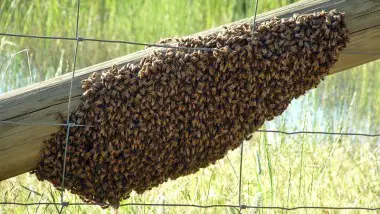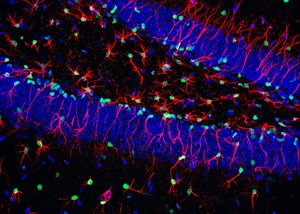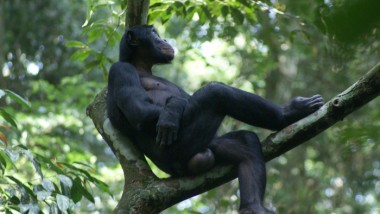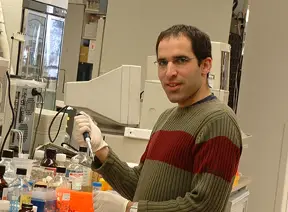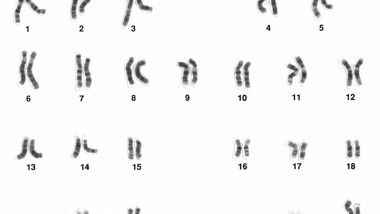A team of researchers from Washington University, St. Louis, found that starvation allows the need for nourishment to push aside the need for sleep. Their study, conducted on fruit flies, shows that while long-term deprivation of food leads to death, ...
Bees Will Help Scientists Research Biodiversity
Scientist from York University, Canada, have recently discovered new species of bees. These bees have never been identified, mainly because Sweat Bees’ identification is extremely challenging task. Furthermore, this new discovery might lead to better understanding of evolution. Out of ...
Bacteria Identification on a Chip
Scientists at the National Cheng Kung University in Taiwan developed a new method of identifying bacteria on a microchip. They apply a mild electric field to gold electrodes on roughened glass slides to sort the bacteria, and then Raman spectroscopy ...
Brain Rewards Good Deeds
Researchers at Stanford University in Palo Alto, California and Trinity College in Dublin, Ireland showed that the brain reacts differently to events when it perceives them as good deeds even if those good deeds are aimed at others. The scientists ...
Why Saliva Forms Beads on a String
A team made up of scientists from several institutions recently found the cause for the “beads-on-a-string” phenomenon, mostly known in saliva. When people stretch a glob of saliva between their thumb and forefinger, they see string of beads form, before ...
Maternal Support Affects Bonobos’ Mating Success
Researchers from the Max Planck Institute for Evolutionary Anthropology have recently reported a new discovery regarding apes’ behavior, specifically the Bonobo species. According to their study, maternal support affects male Bonobos’ chances of mating, even when the ape is ranked ...
Genetic Key to Stem Cell Expression Identified
Researchers at the Hebrew University of Jerusalem (HUJI), Israel, and the University of California, San Francisco (UCSF), have recently identified a gene that gives stem cells the capability to become any cell type. This unique attribute places stem cells at ...
Genetic Links to Human Longevity
Scientists at Boston University and Boston Medical Center in Massachusetts have discovered a group of genetic variants that can predict long life in humans with 77% accuracy. By examining the genomes of people over the age of one hundred, researchers ...
New Virus Defense Mechanism
Researchers at Yale University in New Haven, Connecticut have discovered a new way that viruses reproduce and survive in hostile environments. Viruses use many different mechanisms to trick human cells into multiplying viruses and propagating them throughout biological systems. The ...
$30 Genome Possible
Researchers at Harvard University have developed a new method for sequencing the human genome leveraging the microdynamics of fluids – a method that could significantly decrease the cost of the procedure to as little as $30. By using small droplets ...

